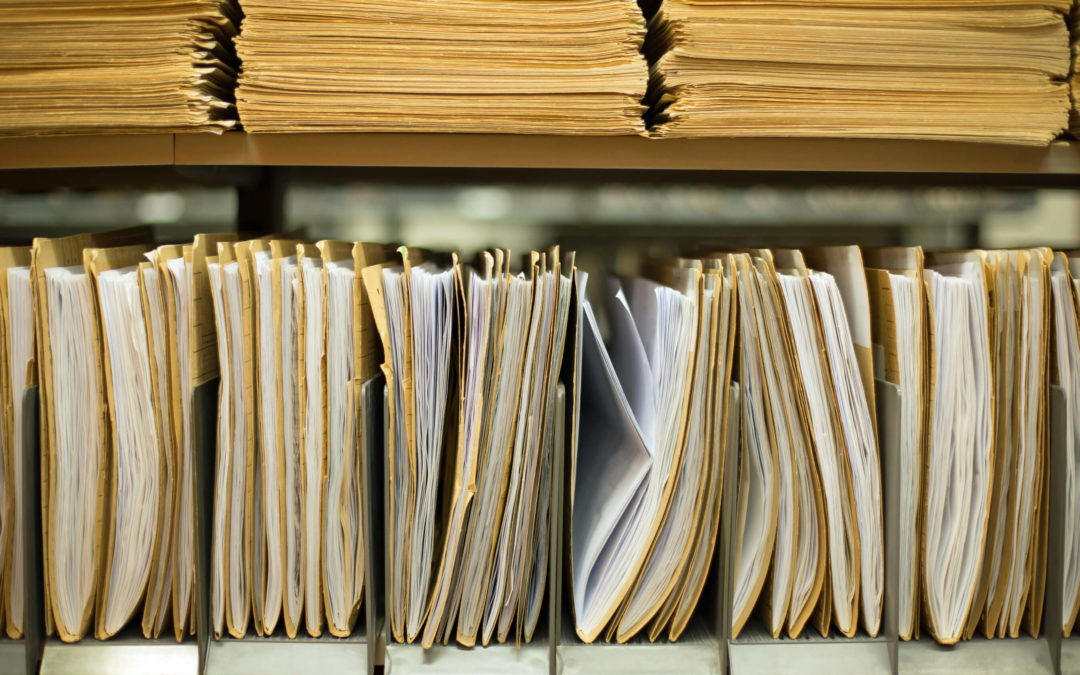Remembering what documents to bring to a Florida probate consultation is probably the last thing that you want to think about when you are going through the difficult time after losing a loved one. However, making sure that you bring the documents or at least know where the documents are located will help with the efficient administration of the probate estate. This will help the probate administration move faster with less stress. The Florida probate administration process cannot start without the documents that are listed below, so the sooner these documents are found and given to your Florida probate attorney, the sooner the probate administration can begin. We also have a free probate guide that includes a list of the documents and information required to start start probate in Florida.
The major documents that you will need to start a Florida probate administration are below. Other documents may be required, depending on the circumstances. These documents will at least help you and your attorney get started:
Certified Copy of Death Certificate
The death certificate is incredibly important for the filing of a probate case. You need to show that the decedent (the person who passed away) is, indeed, dead. You will need to get an official record of the death certificate from the appropriate county where the person resided when he or she passed away. The evidence of death is governed by Florida Probate Rule 5.205. The death certificate needs to be filed in the probate case within 3 months after notice is published to creditors, but it is an easy task to get out of the way at the beginning of the process.
Original Copy of Decedent’s Will
You will need to find the original copy of the decedent’s will. If you cannot find the original of the will, see if the decedent had a family attorney. Often times clients will keep the original copies of their wills with the attorneys or law firms that drafted the wills. The other place to look is in a safe deposit box of the decedent, if you have access. If do not have access to the safe deposit box, and you are a spouse, parent, adult descendent, or named as personal representative in a copy of the will, you should be able to get the bank to open and examine the contents of the decedent’s safe deposit box under section 655.935, Florida Statutes. Under this statute, the bank who leased the safe deposit box is required to deliver to the court having probate jurisdiction, “Any writing purporting to be a will of the decedent.” This may help to speed things along for the probate administration if the will is in a safe deposit box. They can also remove life insurance policies to give to the named beneficiary, and deeds to burial plots and burial instructions. In order to remove any other contents of the safe deposit box, an order will be required by the probate court after the probate administration is started.
Documentation for Creditors
It is important that someone checks the mail of the decedent in order to see if there are any bills or notices delivered from creditors. Additionally, if you know of any lawsuits or other debts of the decedent, you need to tell the probate attorney. Notice will need to be provided according to the Florida Probate Rules to all creditors of the decedent.
Documentation for Assets Owned by Decedent
If you have any documentation of the assets of the decedent, you should bring it to your consultation or meeting with the Florida probate attorney. This is important for two reasons. First, the assets will help your probate attorney estimate the attorney’s fees for the probate administration. In Florida, presumptively reasonable attorney’s fees are set by statute, so a good estimate on the value of the probate estate will allow your probate attorney to give you an idea on how much probate will cost- so there aren’t any surprises. For more information on see our previous blog posts Probate is Going to Cost How Much?! and How much does probate cost in Florida?. Second, it will let the attorney evaluate what action you might need to take immediately to preserve the assets of the estate.
Information about heirs or beneficiaries of the estate
This one isn’t really a document, but the information is important for your probate attorney meeting. You will need to provide information about the heirs of the decedent or the beneficiaries to the will. Bring a list of Names, addresses, and contact information of the heirs and potential heirs (kids who were potentially omitted from an estate plan) will be helpful because, depending on the situation of the probate case, these people may need to be contacted. Being regular contact with other beneficiaries or potential beneficiaries can really expedite the process. Most times, if everyone agrees on how to proceed, the court will grant the letters of administration, bond requests, and orders much faster.
Contact us today to schedule a free consutlation
This article only covers the basics so you can get started with your probate attorney on beginning the Florida probate administration process. Additional documents may be needed, and your probate attorney will be able to assist you in obtaining them. If you are a personal representative, you will be working as a team with your probate attorney, so, being organized with these documents is a good start to that relationship.
If you have been named as a personal representative, or have recently lost a loved one and have questions about the Florida probate process, please contact us today to schedule a free consultation. We would like to answer any questions that you may have about the probate process.

